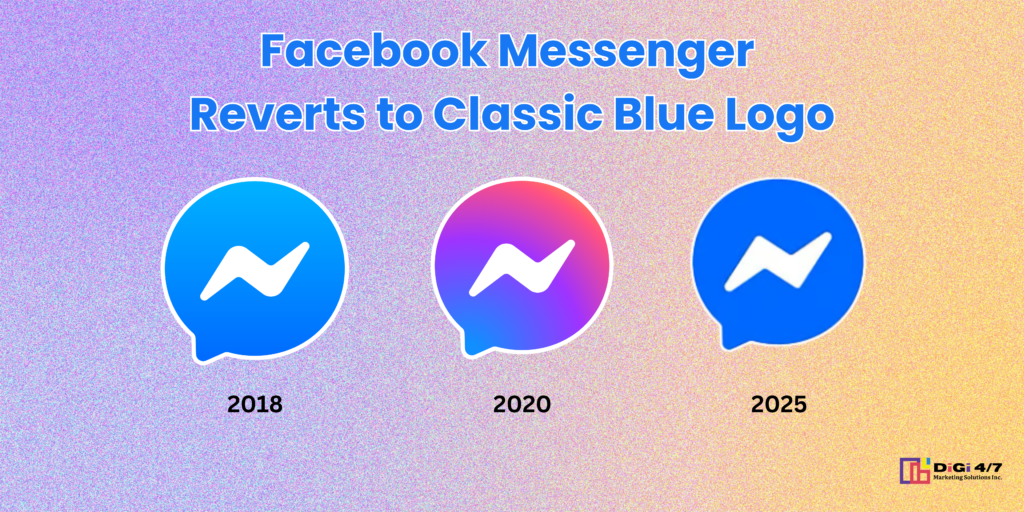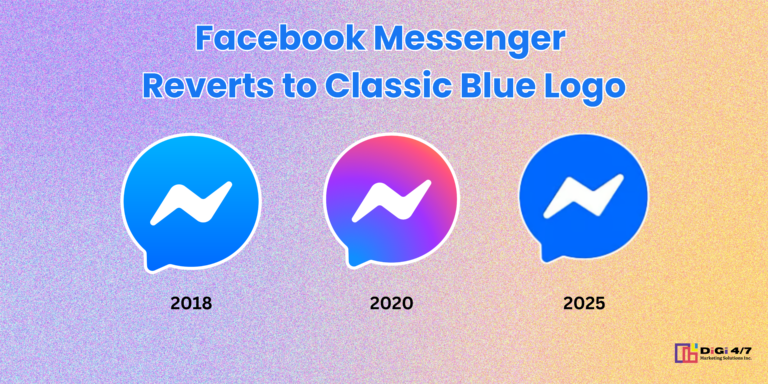
Voice search refers to the technology that allows users to speak queries into a device rather than typing them into a search engine. Instead of physically entering keywords on a keyboard or touchscreen, users can verbally ask questions or give commands to devices equipped with voice recognition capabilities. These devices include smartphones, tablets, smart speakers (like Amazon Alexa or Google Home), and other voice-activated assistants (such as Siri or Google Assistant).
It leverages natural language processing (NLP) and artificial intelligence (AI) to understand and interpret spoken queries. The technology then retrieves relevant information from the web or provides answers directly through voice responses. Voice search aims to provide a more intuitive and hands-free way for users to access information, perform tasks, and interact with digital devices and services.

Expanding Usage of Voice Search
In recent years, voice search has grown incredibly quickly. Users may ask questions and make requests with their voice thanks to the widespread use of smartphones and smart speakers. A Comscore, Inc analysis estimates that by 2022, voice searches will account for half of all online searches.
It is becoming in popularity because it’s so convenient. Instead of typing out keywords, people can express queries in a more casual, conversational manner. It is quickly replacing other methods as the go-to way for quickly retrieving information, whether it is for online shopping, weather information, or finding a nearby restaurant. In this blog, We will analyzes its recent growth and how it affects SEO techniques, and also how to adapt SEO strategies to this changing technology.
1. The Growth of Voice Search
Voice search refers to the use of spoken language to interact with devices such as smartphones, smart speakers (e.g., Amazon Alexa, Google Home), and virtual assistants (e.g., Siri, Google Assistant). The convenience and efficiency have fueled its rapid adoption among users worldwide. According to a report by Adobe Analytics, voice-assisted shopping reached $4.2 billion in 2020, highlighting its increasing influence on consumer behavior.
2. Changes in Search Behavior
Voice search differs significantly from traditional text-based searches in terms of user intent, query structure, and language patterns. Users tend to use more conversational, natural language queries when using voice search, compared to the more concise and keyword-focused queries used in typed searches. For example, a user might ask a smart speaker, “What are the best digital marketing agency near me?” rather than typing “best digital marketing agency” into a search engine.
3. Impact on SEO Practices
The rise of voice search has several implications for SEO strategies:
- Long-tail Keywords: Optimizing for long-tail keywords and phrases that mimic natural language queries becomes crucial. SEO professionals need to understand how their target audience phrases questions and requests in conversational tones.
- Featured Snippets: Content that appears in featured snippets (the answer boxes displayed at the top of search engine results pages) is often favored for voice search results. Structuring content to answer common questions concisely can improve visibility in voice search results.
- Local SEO: Voice search queries often have local intent (“near me” searches). Optimizing for local SEO, including claiming and optimizing Google My Business listings, becomes essential for businesses targeting local customers.
- Page Speed and Mobile Optimization: Since many voice searches occur on mobile devices, ensuring fast loading times and mobile-friendly experiences are critical for SEO success.
4. Challenges and Opportunities
While voice search presents challenges such as increased competition for top positions and the need for nuanced keyword research, it also opens up opportunities for brands to enhance user experience, build brand authority through informative content, and reach a broader audience through innovative SEO strategies.
5. Future Trends
Looking ahead, the evolution of voice search technology will likely continue to impact SEO practices. As natural language processing (NLP) and AI-driven voice assistants improve, SEO professionals will need to stay agile and adapt their strategies to meet evolving user expectations and technological advancements.
Conclusion
The rise of voice search represents a transformative shift in how users access information and interact with digital content. By understanding the unique characteristics and adapting SEO strategies accordingly, businesses and marketers can position themselves to capitalize on this trend and stay ahead in an increasingly competitive digital landscape.















